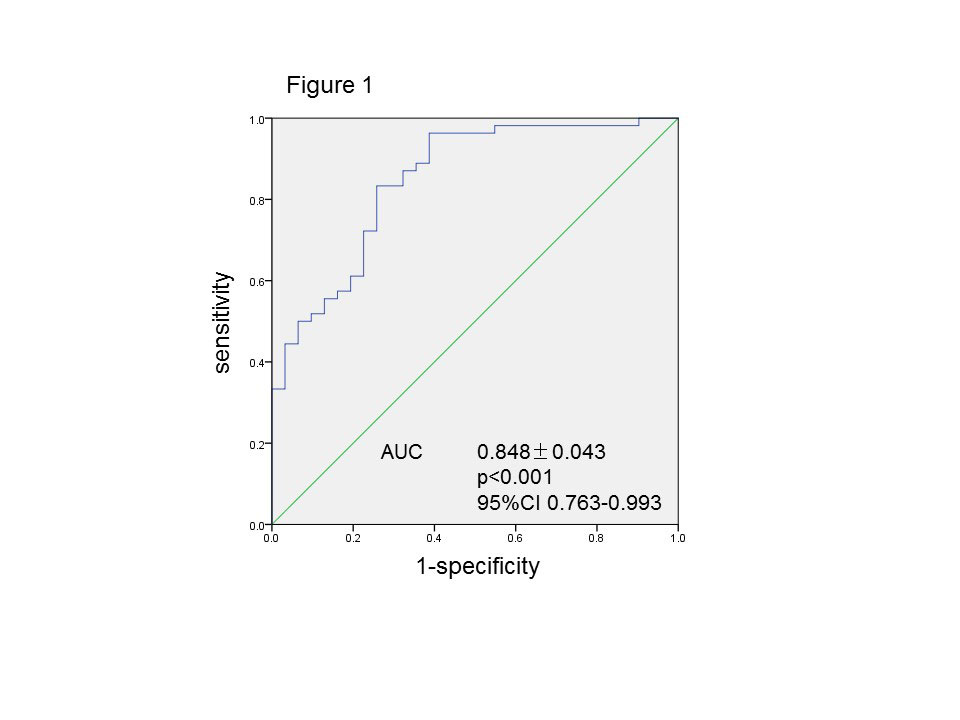Session Information
Date: Monday, November 11, 2019
Title: RA – Diagnosis, Manifestations, & Outcomes Poster II: Treatments, Outcomes, & Measures
Session Type: Poster Session (Monday)
Session Time: 9:00AM-11:00AM
Background/Purpose: We reported that the prevalence of sarcopenia was 28% and locomotive syndrome was 52% in patients with rheumatoid arthritis (RA)1. It is unknown that waking relates with disease activity and body composition in RA patients. Recently, we can quantify number of steps, walking strength, and consumption energy by wearable device. We investigated the relative factors with waking of RA patients, and relationship with disease activity by using wearable device.
Methods: We used the date from prospective observational study (CHIKARA study, UMIN000023744) started form 2016. 85 from 100 RA patients entered and attached with wearable activity meter (HJA-750C; OMRON, Japan) during 7 consecutive days. We calculated the average daily number of steps, walking exercise (EX) (Mets x Time), and calorie consumption. The relationship of disease activity, body composition, muscle function, sarcopenia, locomotive syndrome, and frailty was analyzed by uni- and multivariate analysis. We investigated the correlation of number of steps and locomotive syndrome by ROC curve analysis.
Results: Mean age was 65.2 years (women n=67, men n=18), disease duration was 7.7 years, DAS28-ESR was 3.12, and HAQ was 0.6. Number of steps and walking EX were negatively correlated with matrix metalloproteinase-3, DAS28-ESR, HAQ, locomotive syndrome, and frailty, and positively correlated with leg muscle score, muscle power, muscle speed, grip strength, and walking speed by univariate analysis (Table 1). Calorie consumption positively correlated with muscle mass and bone mass in addition to those factors. Locomotive syndrome and muscle power were detected as independently associated with number of steps and walking EX on multivariate analysis (Table 1). About calorie consumption, only muscle power was detected as an independent relative factor. When number of steps were under 3333 by ROC curve analysis (Figure 1), the odds ratio of locomotive syndrome increased 14.4-hold (95%CI: 5.0-41.6) compared with over 3333 (p < 0.001).
Conclusion: Locomotive syndrome and muscle power were independent relative factor of number of steps and walking EX. Over 3333 steps per day was recommended to prevent locomotive syndrome in RA patients.
To cite this abstract in AMA style:
Tada M, Yamada Y, Mandai K, Hidaka N. Relationship Between Waking Functions and Disease Activity in Rheumatoid Arthritis Patients Analyzed by Wearable Device [abstract]. Arthritis Rheumatol. 2019; 71 (suppl 10). https://acrabstracts.org/abstract/relationship-between-waking-functions-and-disease-activity-in-rheumatoid-arthritis-patients-analyzed-by-wearable-device/. Accessed .« Back to 2019 ACR/ARP Annual Meeting
ACR Meeting Abstracts - https://acrabstracts.org/abstract/relationship-between-waking-functions-and-disease-activity-in-rheumatoid-arthritis-patients-analyzed-by-wearable-device/


